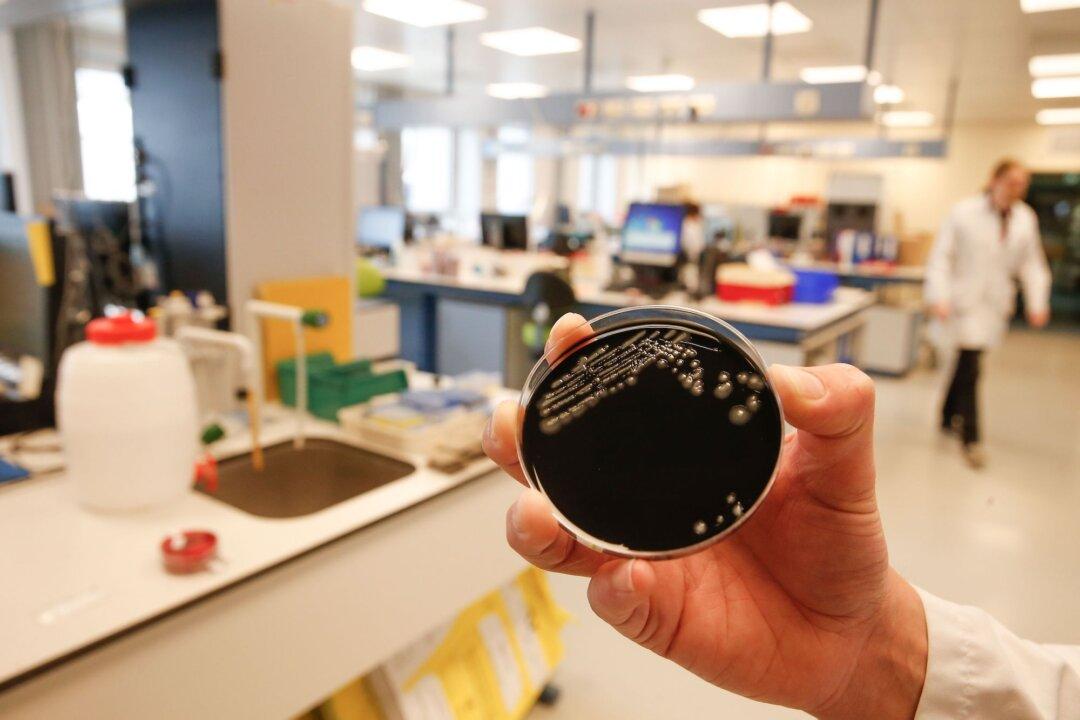Public health officials in Illinois, Michigan, and Rhode Island have reported a rise in cases of Legionnaires’ disease, a type of severe pneumonia caused by the Legionella bacteria, which can grow in poorly maintained water systems.
The Rhode Island Department of Health (RIDOH) said in a statement that, between June 2 and July 26 of this year, there have been 30 reported cases of Legionnaire’s disease in the state. This is a threefold increase compared to the June-July periods between 2014 and 2020, when an average of ten cases was reported each year.





